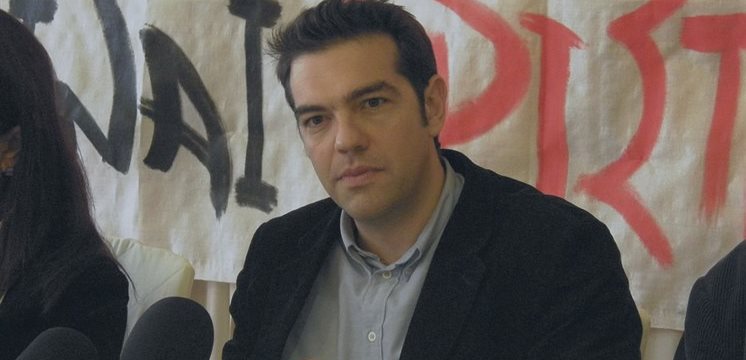
Tsipras to Merkel: It is 'impossible' for Greece to service debt without short-term aid
The Greek prime minister Alexis Tsipras has warned Angela Merkel that it
will be “impossible” for Greece to service debt obligations due in the
coming weeks without any short-term financial
assistance from the European Union (EU) to the country, as servicing the debts would lead to a “sharp deterioration in
the already depressed Greek social economy — a prospect that I will not
countenance” and "bigger problems".
The warning, contained in a letter dated March 15, comes as jitters grow
that Athens will struggle to make pension and wage payments at the end
of this month and could run out of cash before the end of April.
Prime minister's five-page letter is particularly critical of the ECB, which he said had forbidden Greek banks from holding more short-term government debt than they did when they requested an extension of the current bailout last month — a cap that has prevented Athens from relying on Treasury bills to fill its urgent cash needs because Greek banks have become nearly the only buyer of such debt, says The Financial Times.
The ECB, meanwhile, is considering
whether to give its guidance to Greek banks more authority by making it
a legally binding requirement not to add to their T-bill holdings. The decision is awaited this week.
“Given
that Greece has no access to money markets, and also in view of the
‘spikes’ in our debt repayment obligations during the spring and
summer . . . it ought to be clear that the ECB’s special restrictions
when combined with disbursement delays would make it impossible for any
government to service its debt,” Mr Tsipras wrote.
“With this letter, I am urging you not to allow a small cash flow issue, and a certain ‘institutional inertia’, to not turn into a large problem for Greece and for Europe,” he wrote.
Mr Tsipras was rejected in his attempts to secure quick financing from either the ECB or eurozone lenders at Thursday’s Brussels meeting with Ms Merkel and a small group of other EU leaders — including French president François Hollande and ECB chief Mario Draghi.


